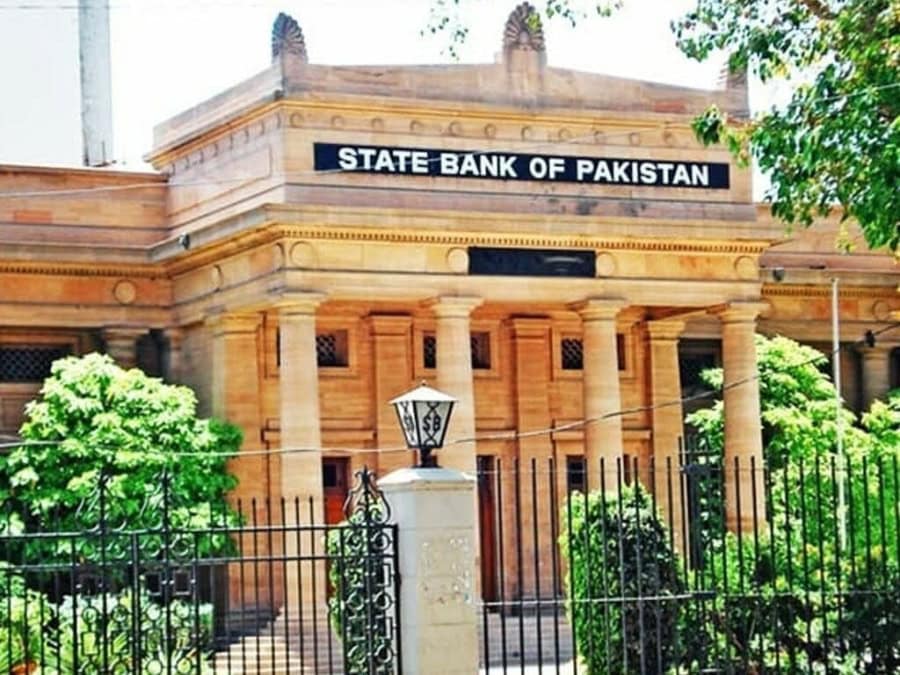President of the Karachi Chamber of Commerce & Industry (KCCI), Muhammad Jawed Bilwani, has urged the State Bank of Pakistan (SBP) to consider slashing the policy rate by 300 to 500 basis points in the upcoming Monetary Policy Committee (MPC) meeting.
Bilwani expressed gratitude to the SBP for progressively reducing the policy rate from 22 percent to 17.5 percent over the last three MPC sessions.
He noted that September marked the second consecutive month of single-digit inflation, a welcome change after enduring over two years of high inflationary pressure. Given this positive trend, he argued that a more substantial reduction in the policy rate is warranted. “With inflation now under control and commodity prices stabilizing, a significant cut in the policy rate is crucial to ease the burden on businesses and invigorate economic activity,” Bilwani stated.
He emphasized that lowering interest rates would be essential for reviving growth in the large-scale manufacturing sector, which has experienced a continuous decline in recent months. Bilwani pointed out that in October 2021, when inflation was recorded at 9.2 percent, the policy rate stood at 7.2 percent.
Given that inflation has decreased even further in 2024, he firmly believes that the call for a significant reduction in interest rates to single digits is justified. Highlighting the challenges faced by the private sector, Bilwani mentioned that the Large-Scale Manufacturing Index (LSMI) in Pakistan had plummeted by 19.2 percent from July 2024 compared to January 2024.
He attributed this decline to the high interest rates, reduced access to credit, and stringent collateral requirements. According to the World Bank, the average collateral for loans in Pakistan is a staggering 153 percent of the loan’s value, often exceeding the amount borrowed, which further constrains private sector financing.










